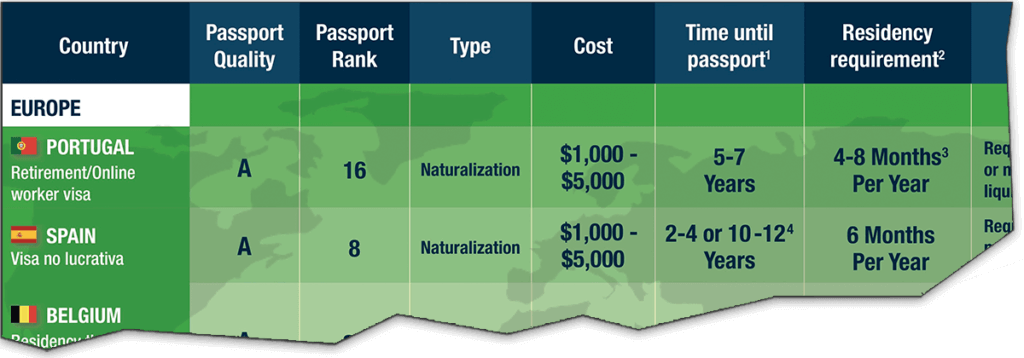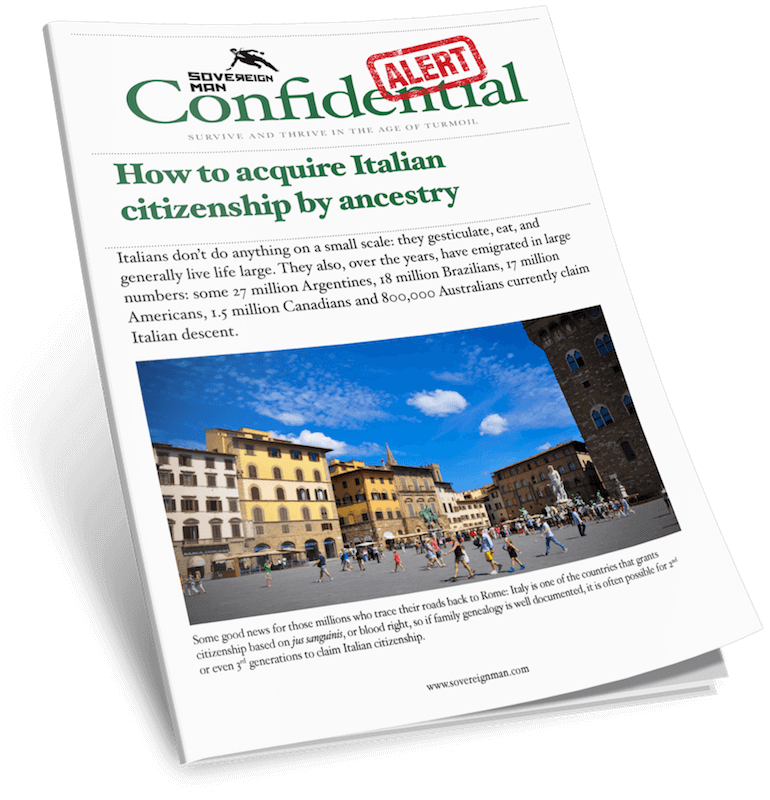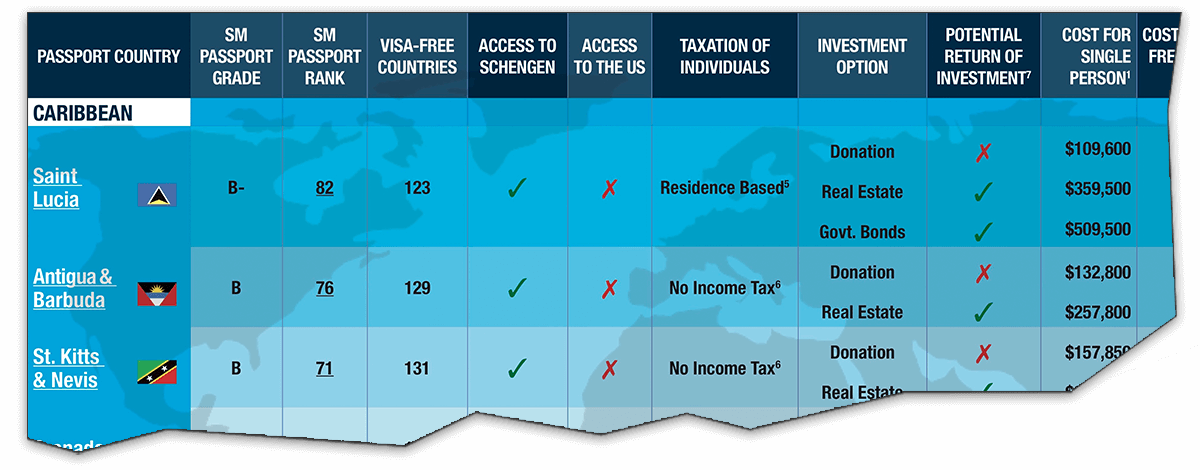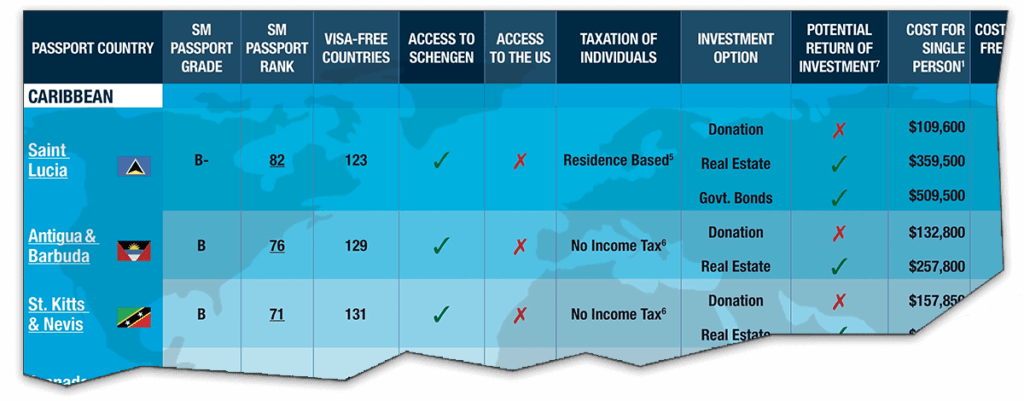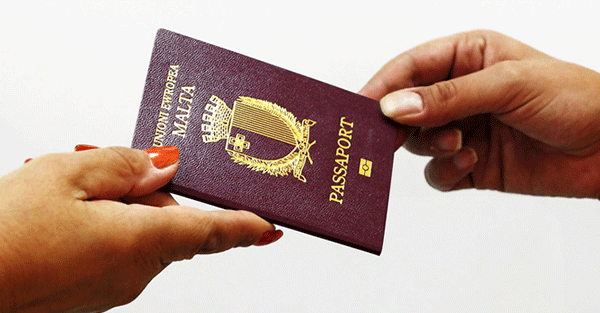Portugal’s first class passport comes with visa-free access to 160 countries. That includes the ability to live, work and travel freely in all 27 member-states of the EU.
To get a Portuguese passport, you’ll need to become a resident of Portugal, and after five years, you can apply for citizenship.
Portugal’s Retirement and Online Worker Visa, more commonly known as the D7 Passive Income Visa, is the best way to obtain residency in Portugal – and the most affordable program of its kind in the EU. It requires you to have sufficient means to support yourself.
As of 2022, the program considers either stable passive income and/or significant liquid savings towards meeting this requirement, with passive (non-salaried) income being preferred. Stable rental income from movable or immovable assets qualify as passive income.
So do royalties, fixed-rate interest earnings and even dividends, provided that you are not operationally involved in running the business in which you own shares. But again, salaried income can also be taken into account.
While the exact financial requirements tend to vary from one Portuguese consulate to the next, the following serves as the “typical” minimum requirement in 2023:
- If you’re a single applicant, the “absolute minimum” requirements are in line with the Portuguese minimum wage – around €760 per month.
- If you apply with your spouse, the above requirement goes up by 50%, or around €380 per month (so €1140 per month for a married couple).
- For dependent children under the age of 18, an additional 30% of the minimum wage is required (around €228 per child per month). So for a family of four with two children under 18, the absolute minimum you’d need would be around €1,596 per month, or €19,152 per year).
Considering that you can qualify for Portuguese (EU) citizenship and a second passport after only 5 years, this is a really good deal.
The more stable passive income you can prove over and above this minimum threshold, the greater your chances of being approved become.
Please note: The D7 Visa is initially issued with a 2-year validity, after which it can be renewed for an additional 3 years.
You would ideally want to have this amount of income AND significant savings to maximize your chances of being approved for this residency visa…
A key benefit of the D7 Residency Program is the fact that you don’t need to invest €280,000, €350,000 or even €500,000 in property — although you will be required to have a residential address in Portugal.
Yet unlike with the Portuguese Golden Visa, which only requires you to spend two weeks per two-year period in Portugal, the minimum stay requirements for the D7 Visa Program are quite significant.
You have to spend at least 6 months per year in the country.
After five years of temporary residency in Portugal, you will be eligible for permanent residency and citizenship (the naturalization period was reduced from six to five years in mid-2018).
Given the low barriers to entry, the lax residency requirements and the short-time to naturalization, Portugal is by far the easiest way to get EU citizenship (without ancestry).
Keep in mind, however, that even though it’s possibly the easiest European passport to get, the path from Portuguese residency to full citizenship takes at least five years of residency.
